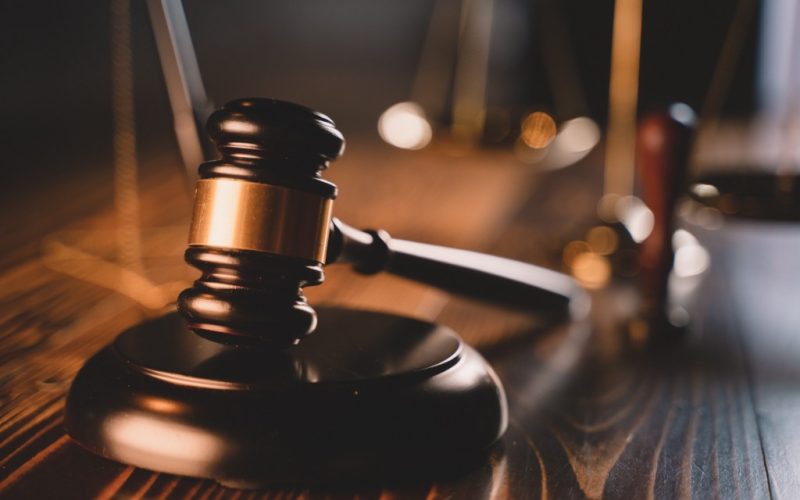At the New York City Bar Association, we rarely discuss the internal workings of our Judiciary Committee. That’s intentional. Judicial vetting is one of our most solemn responsibilities, demanding discretion, integrity, and impartiality. But recent commentary — and the decision by the Mayor’s Advisory Committee on the Judiciary (MACJ) to end our long-standing partnership — makes it important to explain why having both processes matters.
For nearly 150 years, the Judiciary Committee has been an independent guardian of judicial quality and public trust. It is our crown jewel, made up of about 50 volunteer lawyers from across the profession. They devote hundreds of unpaid hours each year because they believe justice depends on a judiciary that is fair, competent, and beyond reproach.
Our scope is broad. We evaluate judges seeking election, appointment, or reappointment to courts across New York City — Criminal, Family, Civil, Housing, and Surrogate’s Courts. We review candidates for certification after age 70, assess district attorney candidates in all five boroughs, and weigh in on nominees to the U.S. Supreme Court and the New York Court of Appeals. In every case, our standard is simple: the highest professional competence and integrity.
The process is thorough. Candidates complete a detailed questionnaire covering their background, litigation history, writing samples, and references — including adversaries and judges. A subcommittee investigates, reviewing the candidate’s work, speaking with references, and meeting directly with the candidate. The subcommittee’s report is then considered by the full committee, which interviews the candidate and votes to rate them “Approved” or “Not Approved.” Candidates can seek reconsideration or appeal to our Board of Directors for a fresh review.
Candidates who refuse to participate are automatically rated “Not Approved for failure to demonstrate the qualifications for the office sought.” That is essential to maintaining the credibility of the system, as without participation the committee cannot make an informed judgment.
No process is perfect, and we work constantly to improve ours. Suggestions are welcome; unfounded claims that our process is partisan are not. The Judiciary Committee is intentionally diverse — in background, experience, and viewpoint — and united in its commitment to neutrality. Its members include defense attorneys and prosecutors, public interest lawyers and private practitioners, judges, and law firm attorneys.
This process works. Most candidates who engage are approved, and even those who are not often respect the seriousness and fairness of the review. Many judges value the feedback we provide, as it is often the only direct input they receive from the practicing bar.
Our belief that the public deserves an honest, competent, and impartial judiciary is part of our DNA. In 1870, lawyers founded the City Bar to confront corruption in the courts under Tammany Hall. By 1871, we were investigating judicial misconduct at the request of the state Assembly. Two judges were impeached and removed; a third resigned. From the beginning, our mission has been to protect the integrity of the courts.
That mission was strengthened through decades of partnership with MACJ. I know their process is strong — having served on it myself — and it has consistently produced well-qualified judges. Over the years, potential nominees to Criminal Court, Family Court, and interim Civil Court vacancies were appointed by the mayor only after approval from both MACJ and the City Bar’s Judiciary Committee. Two independent, rigorous reviews offered complementary perspectives and ensured the highest standards.
In late 2024, MACJ ended the partnership, citing redundancy and confidentiality concerns. We addressed those concerns — clarifying that we use our own application materials and are open to streamlining — and remain hopeful that collaboration will resume. Two independent processes are not duplicative; they are mutually reinforcing. There have been times when our review identified issues MACJ did not, and undoubtedly the reverse. That is the value of dual assessments.
We live in an era when the rule of law faces real strain. Political polarization, attacks on the judiciary, and declining public trust in institutions all threaten our system. In such a moment, the work of the Judiciary Committee — and of other independent bodies like MACJ — is more vital than ever.
The City Bar’s history is one of defending judicial integrity. Our future will be no different. We will continue to evaluate candidates with transparency, fairness, and rigor — because the quality of our courts, and the health of our democracy, depend on it.
Faridi is president of the New York City Bar Association.








